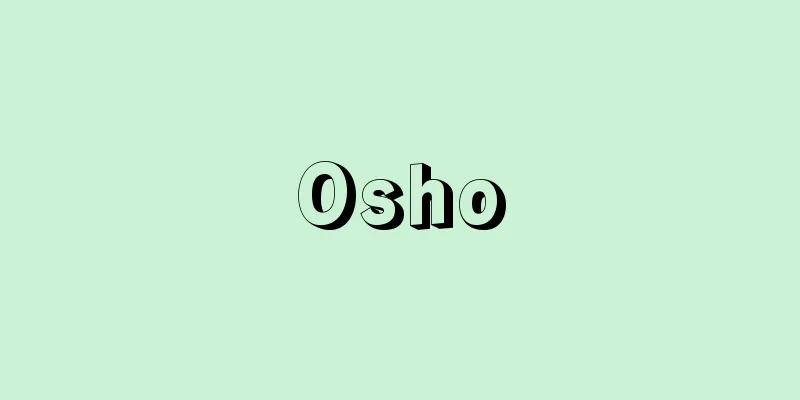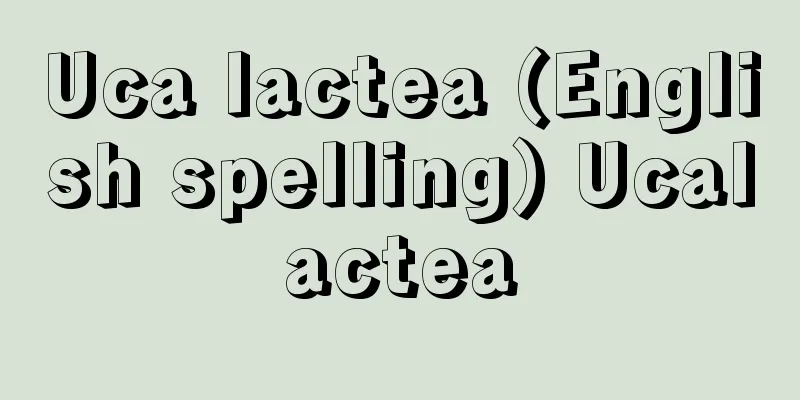Osho

|
A Chinese scholar from the late Eastern Han Dynasty. His pen name was Zhongyuan. He was from Nanton, Henan. During the chaotic period at the end of the Eastern Han Dynasty, he wrote "Han Officials" and "Etiquette Stories" out of fear that systems, ceremonies, and historical events would be forgotten, and he also wrote "Fuzoku Tonggi" in an attempt to correct the names of things. His birth and death years are unknown. Source: The Selected Edition of the Japanese Language Dictionary About the Selected Edition of the Japanese Language Dictionary Information |
|
中国、後漢末の学者。字は仲遠。河南南頓の人。後漢末の混乱期にあって、制度、典礼、故事などが忘れられるのをおそれて「漢官」「礼儀故事」を著わし、また事物の名称を正そうとして「風俗通義」を書いた。生没年未詳。
出典 精選版 日本国語大辞典精選版 日本国語大辞典について 情報 |
>>: Wang Shao (English spelling)
Recommend
Atharvan
...While the other three Vedas were created in co...
Omiyo no kata - Omiyo no kata
Year of death: 1872 (Meiji 5) Year of birth: Unkno...
Embu - Embu
...A group of nomadic fishermen who lived along t...
Anpachi [town] - Anpachi
A town in the southwest of Gifu Prefecture, in the...
Ethanol - Ethanol (English spelling)
Organic compounds in which the hydrogen atoms of ...
Face angle
〘noun〙① The angle between two planes. When two pla...
Benedict XII
?-1342 Pope. Reigned 1334-42. Born into a poor fam...
Leris
French author and ethnologist. He joined the Surre...
CAPTAIN System
This is the Japanese name for the home information...
Shigemasa Matsukura
A military commander in the Azuchi-Momoyama perio...
FIRS - Financial Instruments and Exchange Commission
...As a sport, it is played in many countries, ma...
Right dressing room - Uhou no gakuya
...A standard dressing room faces the front audie...
Jacobinia pohliana (English spelling)
…[Ichiro Sakanashi]. … *Some of the terminology t...
Hunting net - Kari-sashiami
…Finally, the fish are caught by getting them ent...
Boronizing
...The diffusion coatings used industrially to im...

![Susono [city] - Susono](/upload/images/67cbf5663813f.webp)







